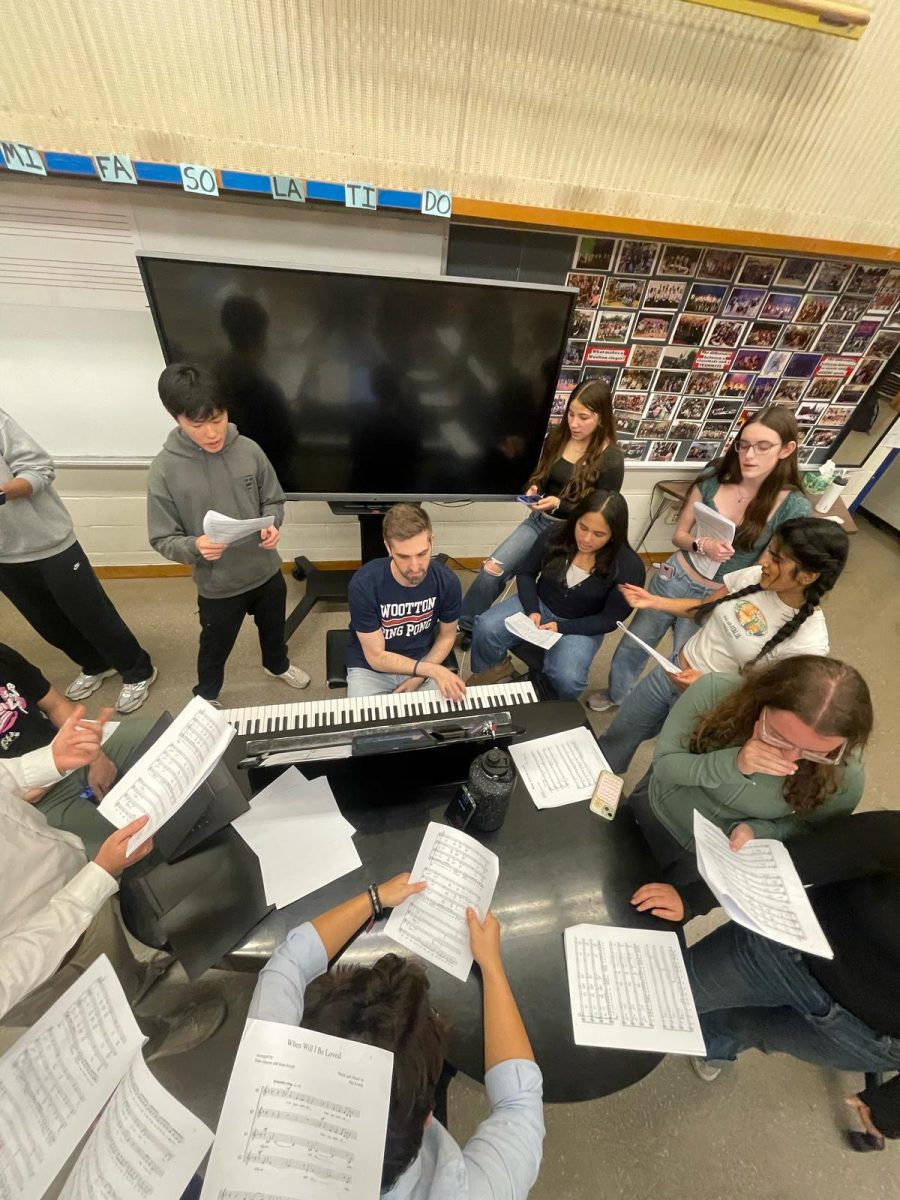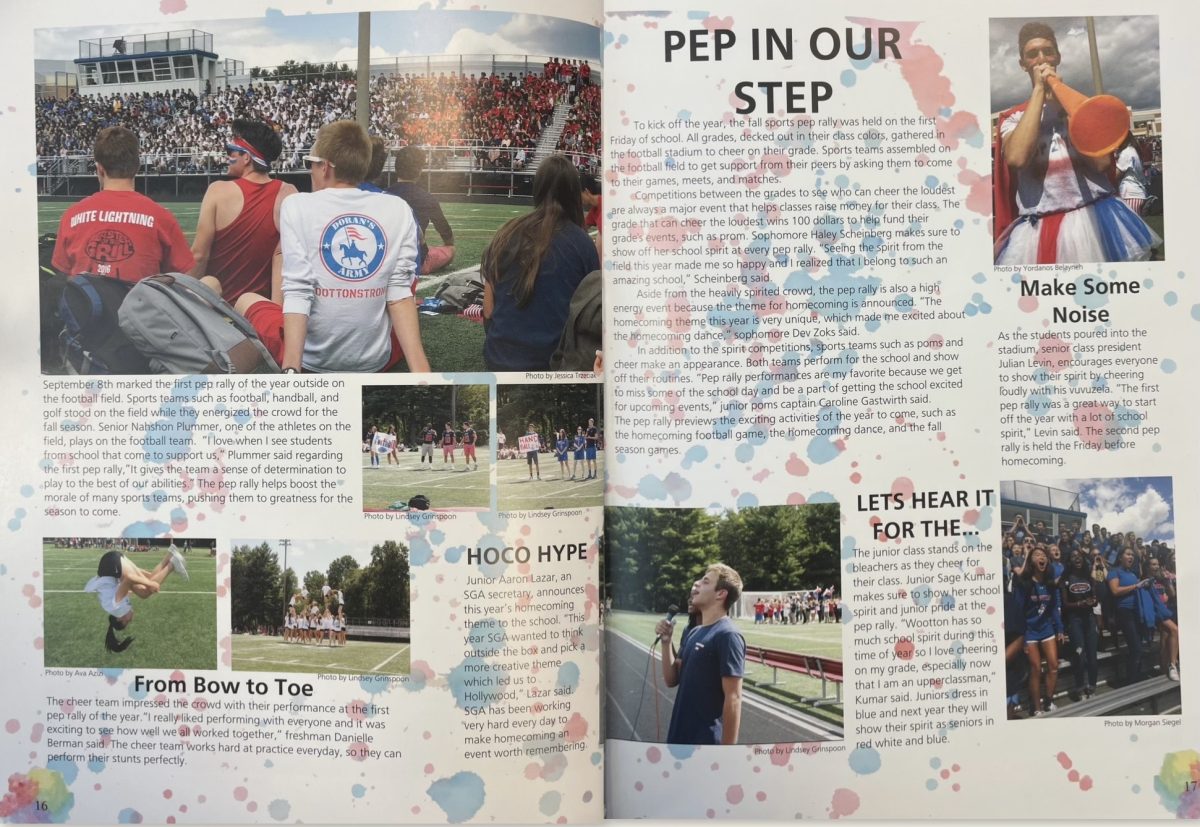Once the weather outside becomes frightful, classic Christmas songs and movies become delightful. During the Christmas season, there’s nothing like slipping under a warm blanket, gripping a mug of peppermint hot chocolate and relaxing to the soothing sounds of jingle bells or turning on your favorite animated holiday special.
However, in recent weeks, there has been a reevaluation of the ethics and messages of certain songs and TV movies, with two in particular reaching national headlines, the song “Baby, It’s Cold Outside” and the TV special Rudolph the Red-Nosed Reindeer. While I do agree that some forms of entertainment from over 50 years ago tend not to hold up to today’s societal values, the complete detestment of these two beloved Christmas staples is unnecessary due to their status of classic pieces of holiday tradition.
“Baby, It’s Cold Outside” is an undeniable quintessential winter song. The tune was released in 1949, ultimately winning the Academy Award for Best Original Song that same year for its inclusion in the film, Neptune’s Daughter. Since then, it has become a Christmastime tradition to take a listen to “Baby, It’s Cold Outside” but despite the cheerful melody and light tone of the song, the lyrics have been received a plethora of scrutiny. This observation has been around for a while with a 2004 Canadian Post article by Rob McKenzie and Joe Bodolai claiming that “‘Baby, It’s Cold Outside’ has a lovely melody but it’s an ode to statutory rape.”
People have noticed the song has a tone that suggested sexual harassment, often citing the lyric “Say, what’s in this drink?” Two lines later, the words “I ought to say no, no, no,” pop up, which led listeners to believe the speaker is in danger of being forced into an uncomfortable situation. Coming from someone who has heard this song dozens of times, I never came across this conclusion. I always viewed these lines as friendly and flirtatious responses, not exactly the cries for help people may hear. It’s difficult to assume that these interpretations have any weight to them and nearly impossible to confirm that the original meaning of the song was indeed to suggest a sexual assault.
In today’s society jam-packed with conspiracy theories and people always looking for something to uncover, it’s not surprising that a classic Christmas song would be thrown into the mix of those examined and evaluated for political correctness. There is a population who have always chastised “Baby, It’s Cold Outside,” including this school’s own English teacher Melissa Kaplan. “I’ve always thought the song was just weird, especially the lyrics,” Kaplan said.
TV classics aren’t safe either. We’ve all heard of Rudolph the Red-Nosed Reindeer, the timeless story about an outcast with a dream and determination to chase it. It’s often regarded as one of the greatest Christmas stories told and its 1964 stop-motion TV special is replayed every single December on NBC, proving its longevity. My family and I embark on that classic trip to the North Pole every year and share a bonding moment watching one of our favorite Christmas traditions.
The Huffington Post has decided to wage all-out war of this innocent TV special, seemingly for no reason. On Nov. 28, the newspaper’s official Twitter page posted a two-minute video outlining Rudolph the Red-Nosed Reindeer’s various problematic aspects including characters who advocate for bullying, misogyny and bigotry. In the video, The Huffpost refers to the father of Rudolph’s love interest, Clarice, as “a bigot” and claims that the “school coach promotes bullying.”
Coincidentally, each character who displays any of these traits is portrayed in the story as a villain. The Huffington Post has clearly missed the point of Rudolph the Red-Nosed Reindeer. It is supposed to be a family-friendly film with antagonistic characters to serve as a foil to our hero, Rudolph, rather than an example of racism and sexism in the form of a stop-motion movie about talking, flying reindeer.







